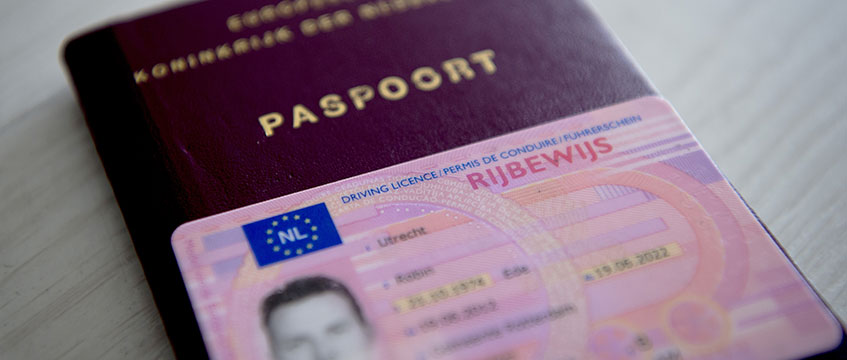The Court of Appeal has upheld the legality of a controversial scheme that obliges landlords to check the immigration status of tenants.
The court allowed an appeal by the government against an earlier High Court ruling that the “right to rent” scheme was incompatible with the European Convention on Human Rights because it could discriminate against certain tenants.
The Joint Council for the Welfare of Immigrants, which took the matter to court, has long campaigned against the policy, which was introduced in England in 2016. It argued that the scheme is unlawful because it encourages “systematic discrimination” against foreign nationals, British citizens without passports and British black and minority ethnic tenants.
Despite finding that the scheme did, to an extent, increase the risk of discrimination, the Court of Appeal nevertheless upheld it.
The ruling means that residential landlords must carry out checks to confirm that the occupants have a right to rent before the tenancy is entered into. This requires residents to provide satisfactory evidence that they are British citizens or have leave to enter into or remain in the UK.
At the outset of his judgment, Lord Justice Hickinbottom said: “It is in the public interest that a coherent immigration policy should not only set out the criteria upon which leave to enter and remain in a particular state will be granted, but also discourage the unlawful entry to, or continued presence in, that state of those who have no right to enter or be there.”
Overturning the High Court decision of Mr Justice Martin Spencer, he concluded: “I consider the scheme to be a proportionate means of achieving its legitimate objective and thus justified.”
Tanya Pinto, a paralegal at Charles Russell Speechlys LLP, said: “The practical effect of the decision is that landlords must continue to comply with the right to rent scheme when letting residential properties. It is an important decision providing welcome clarity for landlords that the scheme is proportionate and justified notwithstanding the court’s finding that it may increase the risk of discrimination.
Referring to how the scheme operates during the current Covid-19 lockdown, she added: “In light of the coronavirus outbreak, the government has made temporary adjustments to the way in which landlords carry out right to rent checks because landlords are no longer able carry out those checks face to face. A tenant may send a landlord scanned copies or photographs of their passport or other documents confirming their immigration status and the landlord may now ask to see the original during a video call to verify it against the digital documents.
“When the temporary adjustments are withdrawn, a landlord will be required to carry out the usual pre-Covid-19 checks retrospectively on tenants who started their tenancy during this period. If a tenant is found not to have had the right to rent, a landlord must take steps to end the tenancy and a landlord must comply with its reporting obligations to the Home Office.”
To send feedback, e-mail jess.harrold@egi.co.uk or tweet @estatesgazette








